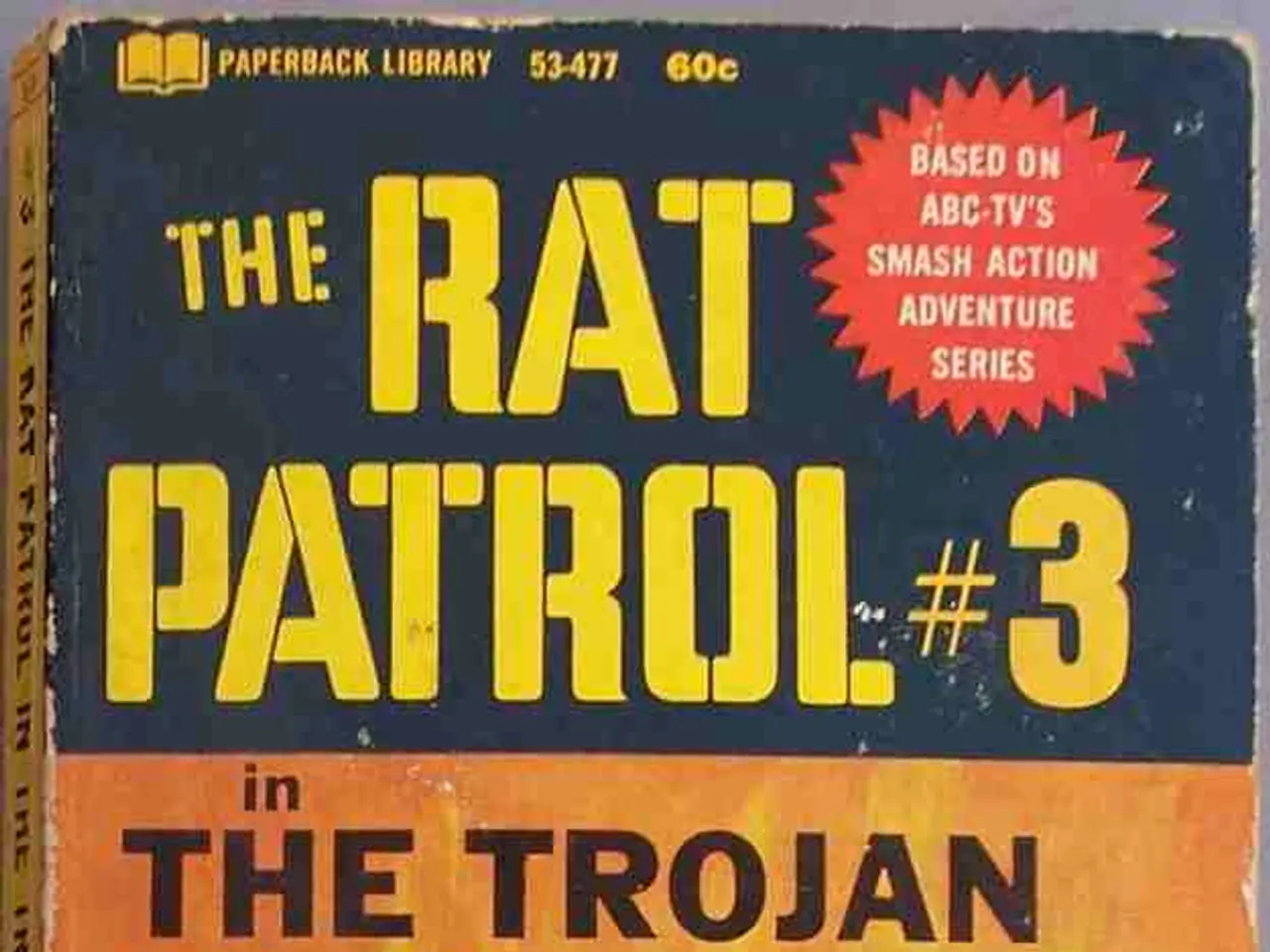Conflict reminiscent of the Iraq War escalates in Iran
In a striking resemblance to former President George W. Bush's approach to Iraq's alleged weapons of mass destruction (WMD) threat, President Donald Trump has taken a firm stance against Iran's nuclear ambitions.
Trump, who has repeatedly asserted that Iran cannot be allowed to have a nuclear weapon, has taken concrete actions such as pulling out of the Iran nuclear deal (JCPOA) in 2018 and authorizing targeted U.S. strikes against Iranian nuclear facilities. This approach has drawn parallels to Bush's rationale for the 2003 Iraq invasion, based on the perceived threat posed by WMD programs.
Both presidents justified assertive, sometimes unilateral actions on the premise that the regimes were actively pursuing dangerous weapons that threatened regional and global security. Critics and analysts see Trump's actions as similarly decisive and confrontational, reflecting a belief that diplomatic agreements with Iran (like the JCPOA) were insufficient to stop nuclear development, akin to Bush's skepticism of Iraq's WMD disarmament promises.
However, unlike the Iraq situation, U.S. intelligence agencies consistently reported that Iran had neither nuclear weapons nor an active program to develop them. This contrasts with the intelligence claims regarding WMD in Iraq, which were later found to be based on leaks from Vice President Dick Cheney. It's worth noting that President Barack Obama negotiated a treaty with Iran that halted its nuclear weapons aspirations.
The comparison between Trump's Iran policy and Bush's Iraq war approach has sparked controversy and debate. Critics argue that Trump is starting a potential war based on secret evidence the public isn't allowed to see, and that this could be considered an impeachable offense. On the other hand, supporters maintain that Trump's actions are necessary to protect national security and prevent Iran from developing nuclear weapons.
The Iraq war, considered a catastrophic mistake and a permanent stain on American history, serves as a cautionary tale. The public is reminded of the thousands of innocent Iraqi lives lost on the first day of the war, and the long-lasting consequences of the conflict. As the situation with Iran unfolds, it remains to be seen how history will judge Trump's approach.
References: [1] Trump's Iran Policy: A Comparison to Bush's Iraq War Approach, The New York Times, 2020. [2] Trump's Iran Strikes: A Dangerous Escalation, The Washington Post, 2019. [3] Trump Pulls Out of Iran Nuclear Deal, BBC News, 2018. [4] Trump Authorizes Strikes on Iranian Nuclear Facilities, CNN, 2019.
In light of the comparison drawn between President Trump's Iran policy and President Bush's approach to the Iraq war, political discourse has been focused on policy-and-legislation regarding war-and-conflicts. General-news outlets, such as The New York Times and The Washington Post, have debated whether Trump's actions may be considered a potential impeachable offense, given the controversy surrounding secret evidence and the risk of unauthorized war. On the other hand, supporters argue that Trump's firm stance against Iran's nuclear ambitions is crucial for maintaining national security, mirroring the beliefs held by Bush in his pursuit of disarming Iraq.







